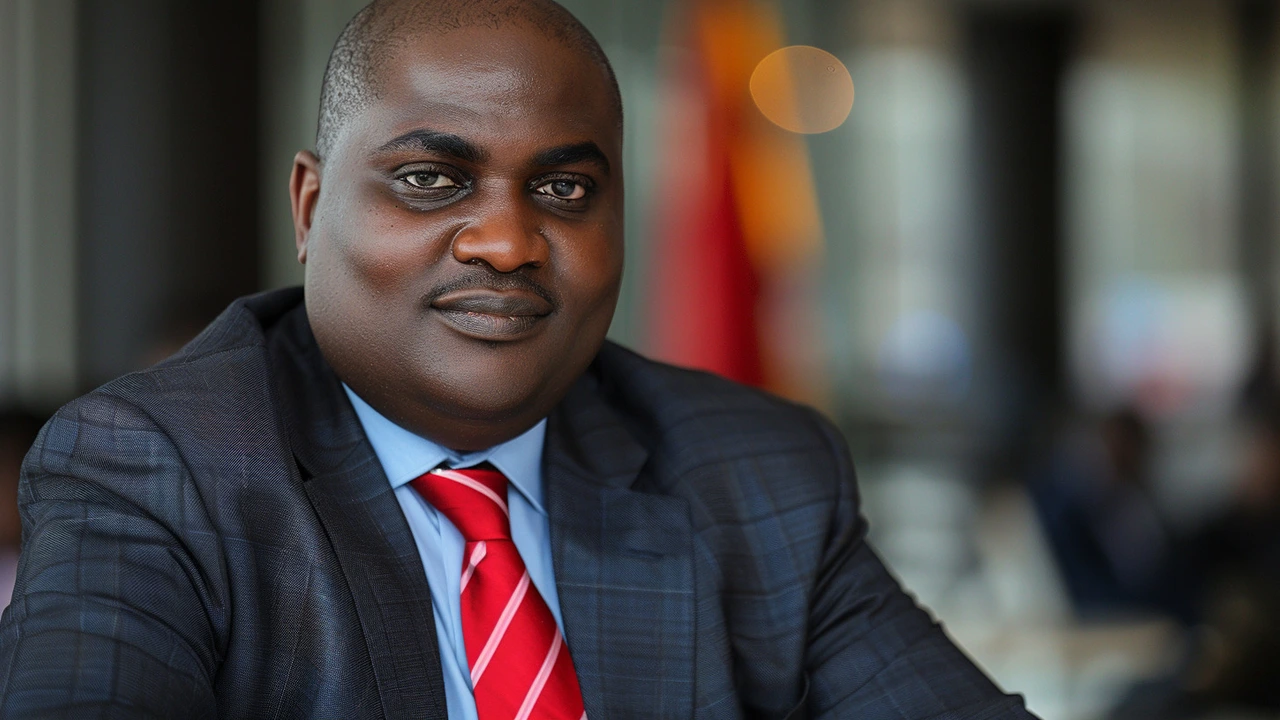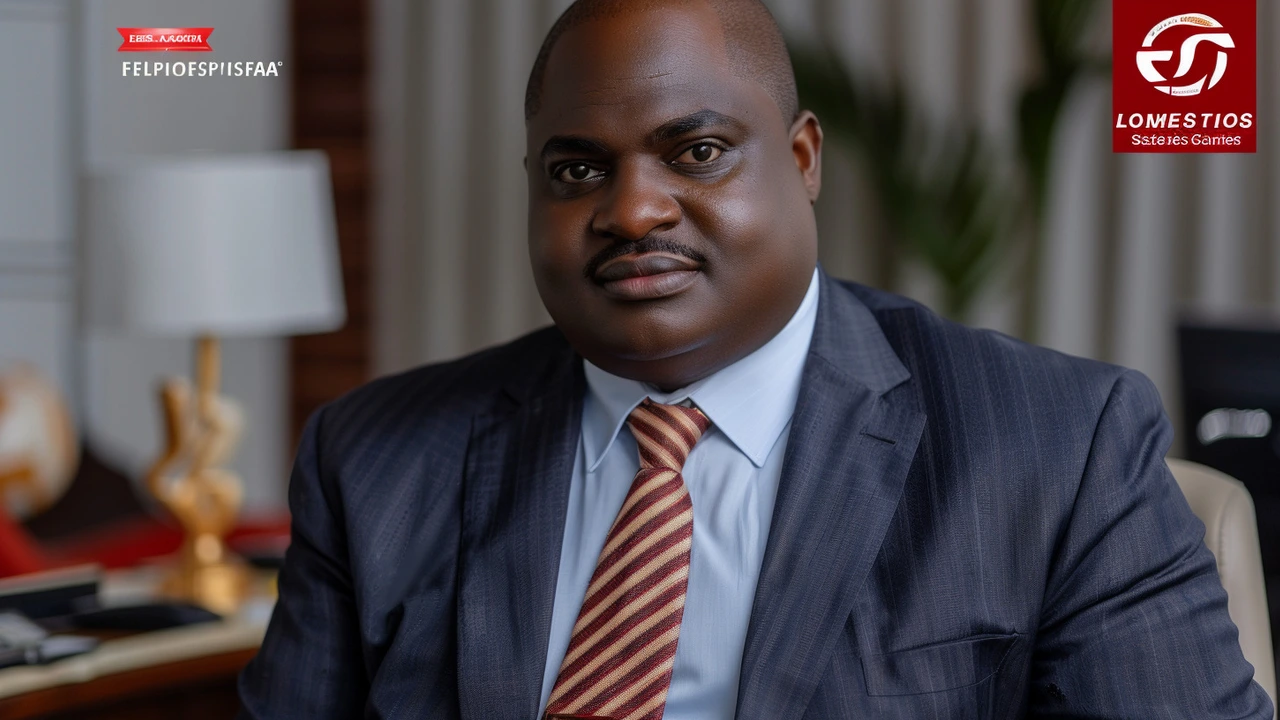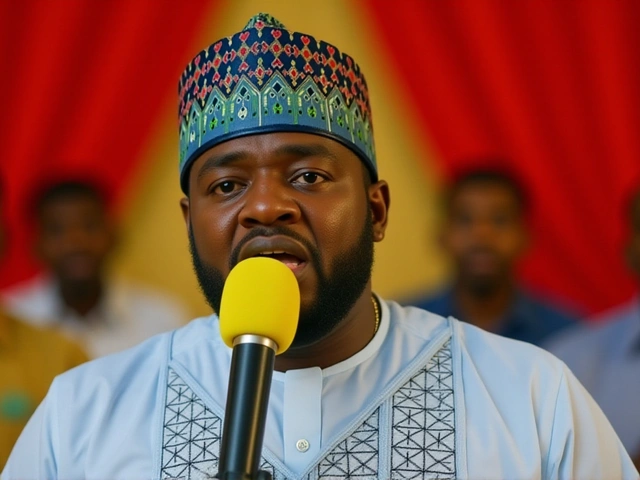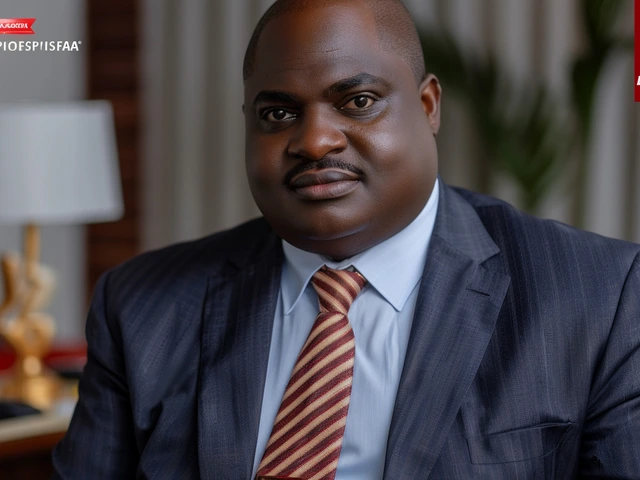Passing of Ibrahim Lamorde at 61
The news of Ibrahim Lamorde's death has sent waves of mourning across Nigeria, particularly within the law enforcement and anti-corruption communities. Lamorde, the former Chairman of the Economic and Financial Crimes Commission (EFCC), died at the age of 61 on a Sunday morning in Egypt, where he was undergoing medical care. His death marks the end of a distinguished career dedicated to public service, crime fighting, and anti-corruption efforts in Nigeria, a country still grappling with pervasive corruption on multiple levels.
A Notable Career in Law Enforcement
Lamorde joined the Nigeria Police Force (NPF) in 1986, starting a journey that would see him climb through the ranks over the decades. Through sheer dedication and an unwavering commitment to justice, he eventually retired as a Deputy Inspector General of Police in 2021. His career trajectory was marked by a series of significant assignments and commendations that underscored his contributions to law enforcement. Each rank he achieved represented a milestone in a career characterized by relentless pursuit of justice and integrity.
His service in the EFCC stands out as one of the most pivotal roles he held. The Economic and Financial Crimes Commission is tasked with investigating and prosecuting economic and financial crimes, a herculean task in a nation where such vices are almost ingrained. Lamorde's tenure was a turbulent yet impactful one, characterized by a series of high-profile cases that aimed to stem the tide of corruption and financial impropriety.
Leadership of the EFCC
Lamorde first became the acting Chairman of the EFCC on November 23, 2011, under President Goodluck Jonathan's administration. His appointment was more than just a shift in leadership; it was a call to step up the fight against corruption at a critical time in Nigeria's history. He was subsequently confirmed as the substantive Chairman on February 15, 2012. During his time at the helm, Lamorde directed numerous investigations that drew both praise and controversy.
Under Lamorde's stewardship, the EFCC pursued several high-profile cases involving politicians, business moguls, and various public figures. Despite the challenges that came with the job, including political pressures and threats, he remained resolute. His leadership style was often described as firm but fair, unyielding in the face of adversity yet always balanced in his actions.
Replacement and Legacy
Lamorde's tenure as EFCC Chairman came to an end on November 9, 2015, when President Muhammadu Buhari replaced him with Ibrahim Magu, who took over as the acting Chairman. Lamorde's exit from the EFCC was met with mixed reactions, illustrating the complex nature of his role and the polarized opinions his leadership had generated.
Nonetheless, his contributions to the EFCC laid a foundation that continued to inform the commission's activities long after his departure. He had initiated reforms aimed at improving the efficiency and effectiveness of the commission’s investigative and prosecutorial functions. These reforms provided a roadmap for his successors and a benchmark against which the commission's future accomplishments would be measured.
Personal Life and Last Days
While much of the focus has been on Lamorde's professional achievements, his personal life was equally significant. He was known for his humility, integrity, and a strong family orientation. These traits made him a beloved figure not just in professional circles, but also within his close-knit community. His passing in Egypt came as he was bravely battling an illness, a fight that ended on a quiet Sunday morning.
His death leaves behind a family and a host of colleagues who mourn not just a leader, but a mentor and friend. His life and work leave an indelible mark on Nigeria’s law enforcement history, offering lessons in dedication, resilience, and the relentless pursuit of justice.
Acknowledgment and Tributes
Since the announcement of his passing, tributes have been pouring in from various quarters. Colleagues, political leaders, and citizens alike have been sharing their thoughts and memories of Lamorde, highlighting his many contributions to the fight against corruption. These tributes reflect the wide-reaching impact he had on individuals and institutions, serving as a testament to his enduring legacy.
As Nigeria continues to grapple with the challenges Lamorde dedicated his life to combating, his memory serves as a beacon of hope and a reminder of what is possible through unwavering commitment to justice and integrity. His journey, punctuated by significant milestones and relentless efforts, offers inspiration for future generations of law enforcement officers and anti-corruption advocates.

The Final Goodbye
The news of Ibrahim Lamorde's death invites a moment of reflection for many. As we look back on his life, it becomes clear how much one individual can influence the fight against corruption and crime. His legacy will undoubtedly influence future efforts and shape the way forward for Nigeria’s battle against economic and financial crimes. As his family, friends, and colleagues prepare to lay him to rest, it’s evident that Nigeria has lost not just a former EFCC Chairman but a true patriot dedicated to making his country a better place. Ibrahim Lamorde's name will forever be etched in the annals of Nigeria’s fight against corruption, serving as a lasting reminder of the power of resilience and integrity.



